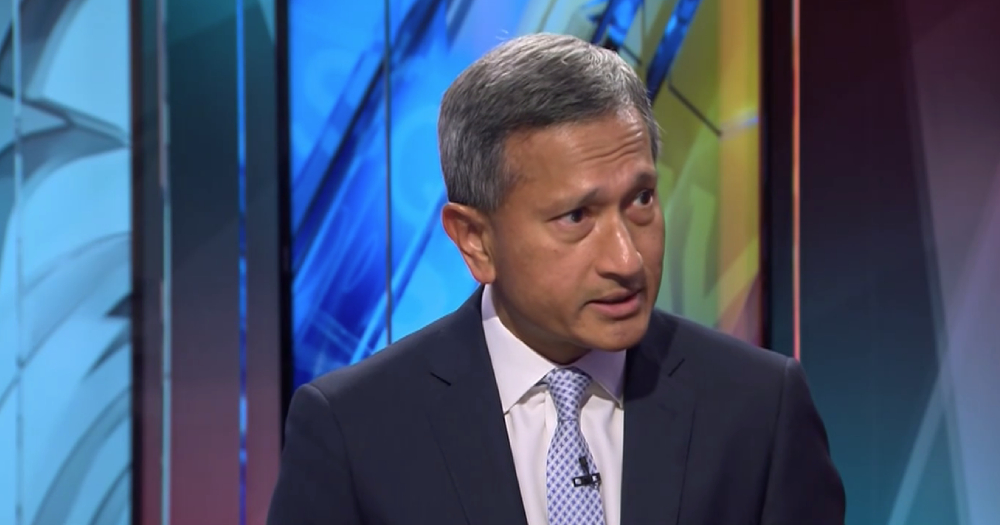The Covid-19 outbreak and its economic aftermath will last for at least a year, according to Singapore's Foreign Affairs Minister Vivian Balakrishnan.
This meant that any steps taken by the government had to be "sustainable and sensible for the long-term," he said, speaking to CNBC.
Vivian stressed the global nature of the outbreak and his expectation that it would "last quite some time" before being contained would likely mean major economic impact.
"Now that you see it has exploded — you look at East Asia, you look at Iran, you look at Italy, and you watch the numbers in the United States. Unfortunately, I think the genie is out of the bottle, and it's not going to go back."
He posited that any countries not reporting cases of the virus, "probably are indications of lack of testing".
Vivian also contrasted the current situation with SARS, saying that while the 2003 outbreak saw Singapore's economy take about six months to recover, Covid-19 would see longer recovery times as it had affected vastly more countries.
"If this had been like SARS, confined to East Asia — China, Japan, Korea, Singapore — and the kind of social and medical procedure we could take, there was a chance for containment," he said.
Hospitals overwhelmed
However, Vivian wasn't all doom and gloom, expressing hope that mortality rates could be kept to a minimum.
It all depended on the adequacy of a country's healthcare system, he said.
"As long as your healthcare systems are not overwhelmed we believe you can get mortality rates of 1 per cent, hopefully even lower."
Unfortunately, this seems to be the case in Italy which as of March 10 reported a death rate of 5 per cent.
According to Bloomberg, more than 80 per cent of the now locked-down region of Lombardy's acute-care beds are currently dedicated to coronavirus patients.
The strain on Italy's healthcare system, which is struggling to cope with the virus, has seen doctors sometimes making the call on who gets treatment based on the age of the patient.
Bloomberg reported that in some areas of the European country, hospitals were suspending other treatments to focus personnel on the contagion.
Meanwhile, AFP reported that medical experts around the world were hoping to ease the overload by encouraging low-risk coronavirus patients to do everything possible to avoid overwhelming hospitals.
Speaking to AFP, Belgian emergency-medicine physician Philippe Devos said that barring the "very rare exceptions" young people were not dying from infections.
"But when they clog up hospitals, they are taking the place of others who will die without proper treatment."
Experts like Devos have taken to social media with the hashtag #FlattenTheCurve to remind people about daily habits — like washing hands and avoiding physical contact — that can help to limit the spread of Covid-19.
Singapore importing cases
Vivan also spoke on Singapore's own measures of ensuring that "the peak of the epidemic does not exceed your intensive care capacity of your systems".
"That means a whole host of social distancing and other measures, which by the way have not only a social impact but also an economic impact."
While such measures, and others like the nation's border controls, have earned Singapore praise from experts and the World Health Organisation, Vivian said that the country could not afford to "lock itself out of the world, nor can we shut down."
"It means from time to time we will be importing cases."
Top image screengrab from CNBC
If you like what you read, follow us on Facebook, Instagram, Twitter and Telegram to get the latest updates.
